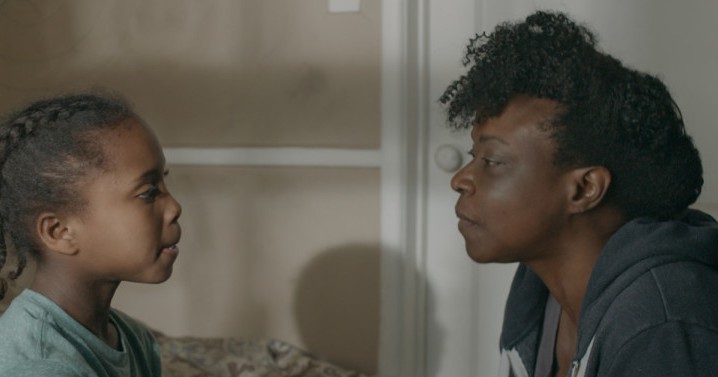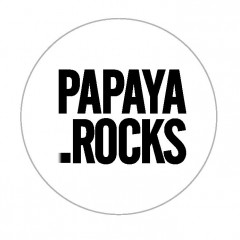We speak to the director of One Small Step, which will be screened at Papaya Rocks Film Festival.
Your film will be shown at the inaugural Papaya Rocks Film Festival in London, what does taking a part in this event mean to you?
I wish I was able to attend, but unfortunately, due to my commitments, I won’t be able to make it to London on Feb 28th. But it means a lot for me that my film is shown during this event and I’m very grateful for this opportunity.
Do you think nerves will set in closer to your screening?
They always do. Showing your film to an audience is always a mixture of excitement and nervousness. Nonetheless, it’s always rewarding to walk out of a screening and discuss your film with the people who liked it as well as with those who didn’t. Art is subjective and that’s the beauty of it.
Tell me a little bit about your work. How did this film come about? What was the inspiration behind your screenplay?
The main theme of the story is making difficult choices – choices that can’t easily be categorized as good or bad. Travis Rush, the author of the screenplay, did a great job of making this idea evident in every scene. The emotions attached to this concept resonated with me, as I was financially supporting my family of five members for four years. I worked three jobs, seven days a week to make ends meet. Every day I thought things would get better if I worked harder, until one day I realized that if I don’t develop the “big picture” thinking, I would forever try to save a sinking ship. I made the decision to move to the USA – a decision that felt like the biggest mistake at first but turned out to be the biggest blessing. Initially, it filled me with guilt but turned out to be my calling. Me and my family are in a better place now – physically and, most important, mentally because of it. The main character of this story is making a similar choice at the end of the film – a choice that will define who she will become one day. It’s about growing up and realizing whether you want to be defined by the circumstances or if you want to create your own identity. I felt an immediate need to tell this story.
What was the hardest scene for you to film?
A lot of scenes were challenging as I was dealing with child actors and, in some scenes, with a 2-year-old baby. This made the whole thing very unpredictable at times. But I think the hardest scene was the last scene, in which Dasani has to make a choice between her sister and the field trip. We shot that scene at the end of the day, so we were losing light which increased the pressure on me to make sure that we get what we want in the limited time. This scene carried a lot of weight and it was crucial to get this right. I remember thinking “we are not getting this, we are not getting this” and kept on changing my directing strategy to get my actress (who was 9 years old) to where she should be. After a few takes, I remember looking at the monitor and thinking “we’ve got it – I don’t know if I can logically explain how and why, but instinctively I knew I’ve got it”. Looking back at it, it’s an important lesson to take away as a director. When you feel what it should look like, you know you got what you need.
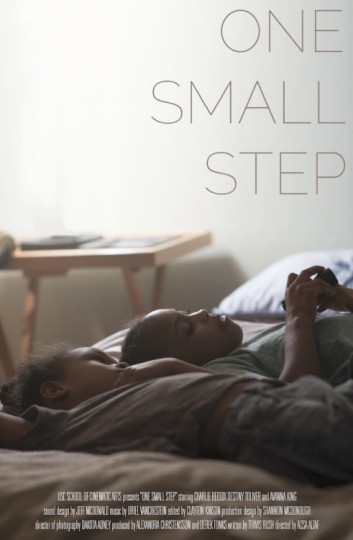
What were the biggest challenges you faced making this film?
I want to say the unpredictably when you have child actors as well as the limited time you get when you work with child actors (as they cannot work 12-hour days). Also, since we made this film at our school for our thesis class, we had to present our dailies and our cuts to the whole class and faculty every week. We got notes, comments, suggestions and criticism all at once. It became difficult to juggle when to take notes and when to listen to what the film/story needs and not second-guess your instincts. I think learning that was the most rewarding experience for me and I’m so glad I went through it.
Have you always wanted to be a filmmaker?
I was an expat with minimal rights in Kuwait. I grew up seeing social injustices being practiced openly around me and the more conscious and educated I became, the more I realized how much power we have to bring the change. One of the media of change that I was exposed to early on was documentaries. I fell in love with telling stories that actually say something about the society we live in and with having characters that are relatable and not “perfect”. A lot of films and filmmakers have influenced me over the years – Paul Greengrass is a name that comes to mind immediately. Having a background as a journalist is what, I think, makes his subject matter and his filmmaking techniques unique and interesting. I have always admired the naturalism he brings in his films and his approach to working with actors. Bicycle Thieves (1948) and Short Term 12 (2013) were the two films I studied while I was prepping to shoot One Small Step. Both films were incredibly human-centered and said so much in terms of what was and is currently going on in the world. I loved the naturalism created with a narrative structure approach that Bicycle Thieves brings and admire the tonal simplicity focused on characters Short Term 12 embodies.
As a filmmaker, how important is the collaborative process for you?
It is everything! You cannot make a film alone – your collaborators bring so much to the table and help you tell the story in the most efficient and honest way possible. They have a very specific role and areas of expertise which enhance the final film. For this reason, it’s very important to make sure your collaborators are on the same wavelength as you are. They don’t have to agree with everything you, as a director, have to say but it is important that your vision of the story you’re trying to tell resonates with theirs and vice versa.
How much has your approach to your work changed since your debut short film?
Making this short film was a valuable lesson for me. I came out knowing what kind of stories I wanted to tell and how I wanted to tell them. I found collaborators that I’ll work with for the rest of my life if I’m fortunate enough. Now I’d like to learn from all the mistakes I made while making this film and strengthen all the approaches that worked.
Do you have any advice or tips for a fellow filmmaker?
I’d say: tell the stories that you have a personal connection with. There is nothing more cathartic and human to go through the film production process and come out learning something about yourself and the world. Always ask yourself why you’re doing what you’re doing when you find yourself at dead ends when nothing seems to be working out. Be hungry, be curious and always be willing to learn from everything that is out there from other filmmakers and artists. And obviously read and watch as much as you can.
What are you currently working on?
I would love to keep making social realistic dramas. I finished writing a feature script about the Syrian Refugees crisis recently that has been close to my heart. The next thing I want to work on is a thriller. I’m really excited to see where it takes me and what comes out of it.
see also
- Saigon Social: The American Dream with a Twist
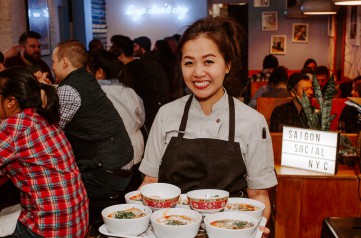
Trends
Saigon Social: The American Dream with a Twist
- Diversity and Inclusivity in the Film Industry. What’s the Road Ahead?
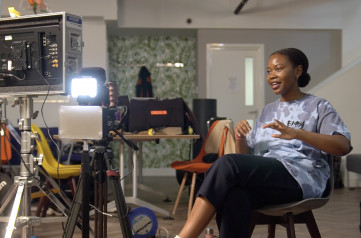 Papaya Young Directors
Papaya Young DirectorsNews
Diversity and Inclusivity in the Film Industry. What’s the Road Ahead?
- Aneil Karia, the director of the Oscar-nominated short "The Long Goodbye": Tangible anxiety
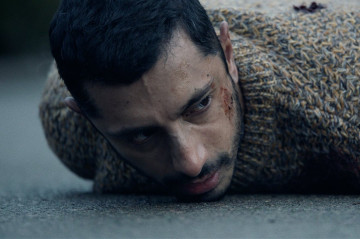
People
Aneil Karia, the director of the Oscar-nominated short "The Long Goodbye": Tangible anxiety
- UN: A Quarter of Health Facilities Across the Globe Lacks Clean Water Access
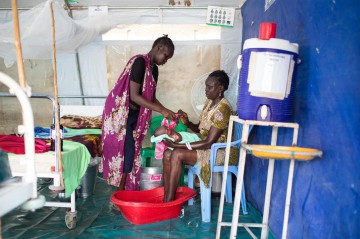
News
UN: A Quarter of Health Facilities Across the Globe Lacks Clean Water Access
discover playlists
-
Papaya Young Directors 6 #pydmastertalks
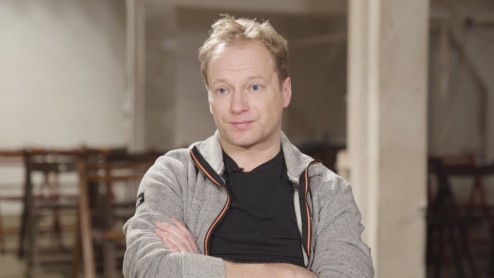 16
16Papaya Young Directors 6 #pydmastertalks
-
Animacje krótkometrażowe ubiegające się o Oscara
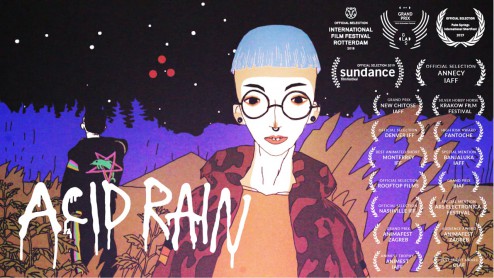 28
28Animacje krótkometrażowe ubiegające się o Oscara
-
Tim Burton
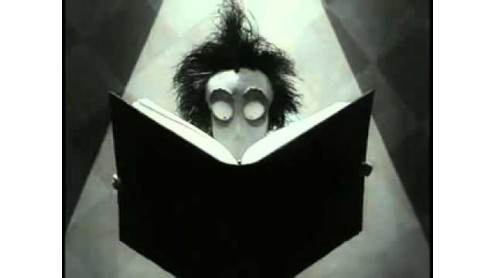 03
03Tim Burton
-
CLIPS
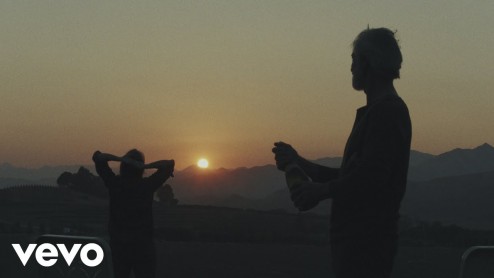 02
02CLIPS
